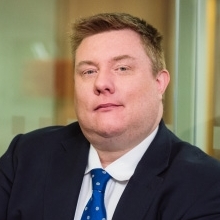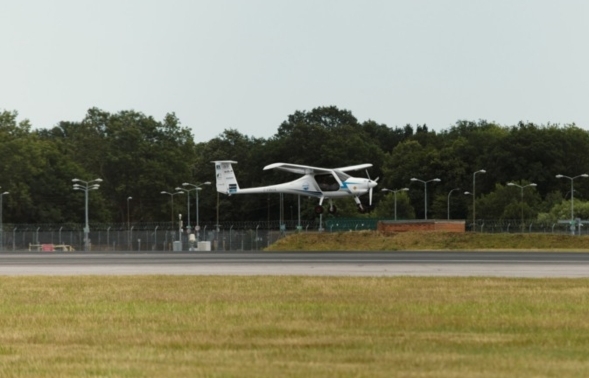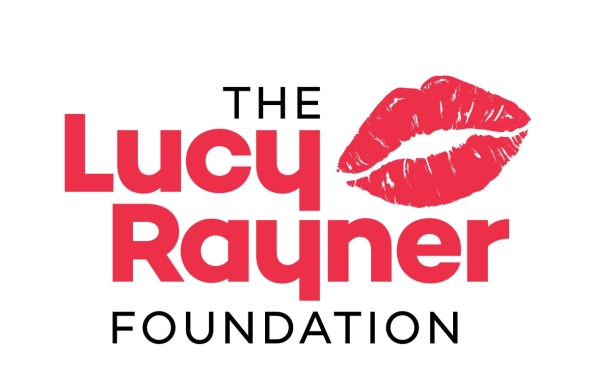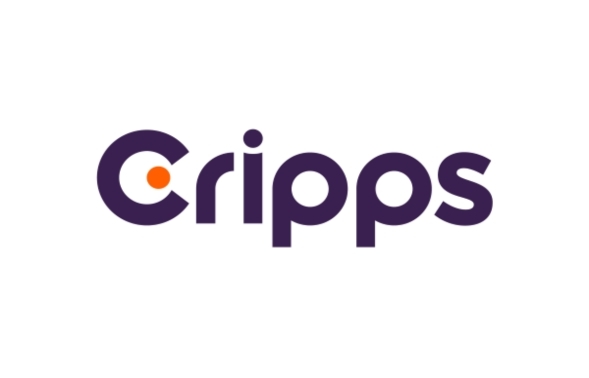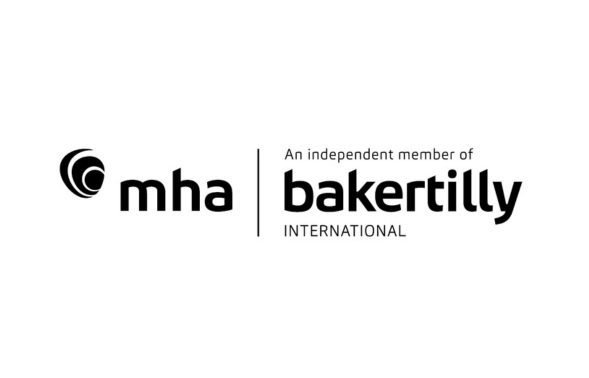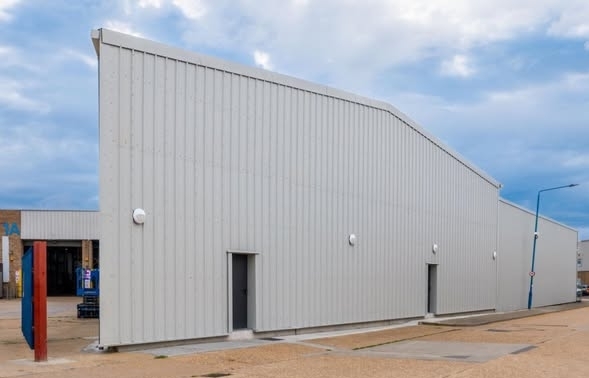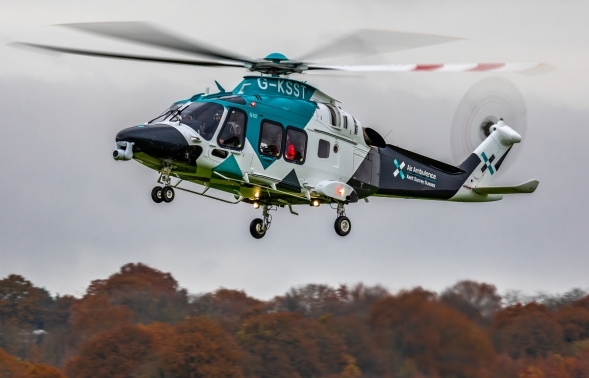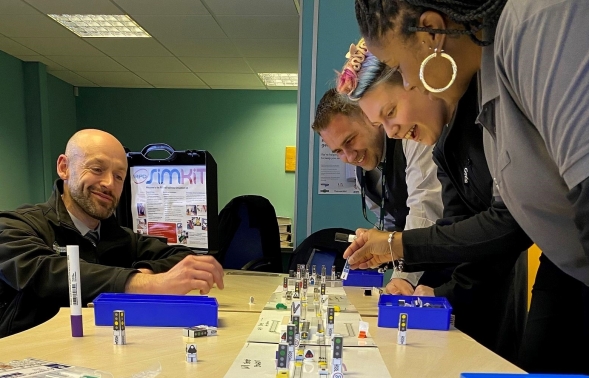Many businesses will sadly be familiar with this scenario. Your debtor owes a significant debt but they simply will not pay. You are compelled to instigate legal proceedings to recover the debt. The debtor does not have a defence, but will enter one anyway that is sufficient enough to rule-out default or summary judgment. You are then locked into a protracted and costly litigation process at Court. The Debtor will do everything to frustrate the proceedings and prove unresponsive to settlement. The result, slow case progress, high costs and total frustration.
Help however is at hand for the beleaguered Claimant. The Shorter Trials Scheme ("STS") is now permanent (see Practice Direction 51AB -"PD 51AB").
How can it help? This is answered by paragraph 2 of the Court's Shorter and Flexible Trial Procedures Guide, which states:
"The aim is to achieve shorter and earlier trials for business related litigation, at a reasonable and proportionate cost. The procedures should also help to foster a change in litigation culture, which involves recognition that comprehensive disclosure and a full, oral trial on all issues is often not necessary for justice to be achieved. That recognition will in turn lead to significant savings in the time and costs of litigation."
So what are the features of the Shorter Trials Scheme? The STS is available for money claims exceeding £100,000 and operates in the Business and Property Courts ("BPC") both at the High Court in London and BPC Courts at Manchester, Birmingham, Leeds, Cardiff and Bristol.
A claim on the STS is commenced in the same manner as CPR Part 7 claims, by way of a detailed Letter Before Action ("LBA"). The trite difference, the Claimant must give 14 days' notice within the LBA of their intention to issue the claim on the STS. The Claimant then issues the claim in the usual manner under CPR Part 7, although the STS expressly requires Claimants to issue a core-bundle of documents in support of their claim.
The matter is then listed for a CMC, which is real point of difference between the STS and standard procedure on Multi-Track CPR Part 7 Claims. Oddly, the CMC takes place not less than 12 weeks after the Claimant's service of the Claim on the Defendant. This however is the only identifiable delay (or shortcoming) of the STS process. As the parties prepare for and attend the CMC, the advantages of the STS become readily ascertainable.
The standout change and U.S.P of the STS, is the truncation of the time to trial. The trial (which cannot be more than 4 days in length) must commence not more than 8 months after the CMC. Compare this to the average Part 7 Multi-Track claim in the BPC, where you would be lucky to reach trial within 18 months of the CMC!
The CMC will not involve costs management issues, as the Costs Budgeting regime (and the notorious 'Precedent H') does not operate on the STS. Rather, the parties are required to submit a costs schedule within 21 days following the conclusion of the trial, with costs to be summarily assessed by the trial judge if the parties cannot agree.
As for disclosure, the onerous changes to the disclosure regime in the BPC introduced from January 2019 (see Practice Direction 51U) do not apply to the STS. Instead of lengthy Disclosure Review Documents, agreeing 'disclosure models' and attendance at disclosure guidance hearings…etc., disclosure on the STS is far more streamlined and pragmatic. In addition to standard disclosure under CPR Part 31, each party need only send the other a letter detailing required specific disclosure ahead of the CMC. The parties then settle the scope of their disclosure obligations / what is to be specifically disclosed by submissions to the Judge at the CMC.
Following the CMC, the Court will not allow later specific disclosure requests (or indeed CPR Part 18 requests) without permission and without the requesting party proving there to be good reason. This at once removes two tedious and too often practiced tactical devices deployed by obdurate defendants.
The cost-heavy process of witness evidence and oral testimony is also addressed by the STS. The number and identity of the witnesses will be determined at the CMC. Crucially however, Para 2.44 of PD 51AB provides that save for good reason, the witness statements entered shall stand as evidence in chief. This means that a witness need not give oral testimony at trial; thus removing considerable stress and lost management-time from potential witnesses.
Whilst a Defendant can appeal an STS judgment, they cannot hope to drag out the matter at the appeal stage. Para 2.60 of PD 51AB expressly stipulates that the Court of Appeal must, 'take into account the desire for expedition in deciding when applications for permission to appeal will be considered and when appeals will be listed'.
There are few places for the procrastinating defendant to hide on the STS. Many of the well-known delaying tactics have been proactively and decisively addressed within STS. Rather, businesses using the STS can have speedier access to justice and greater confidence of their cases being determined in a cost effective and timely manner.
If you are considering issuing a money claim worth in excess of £100,000 and would like to discuss issuing your claim on the Shorter Trial Scheme, please contact Ben Ashworth.
